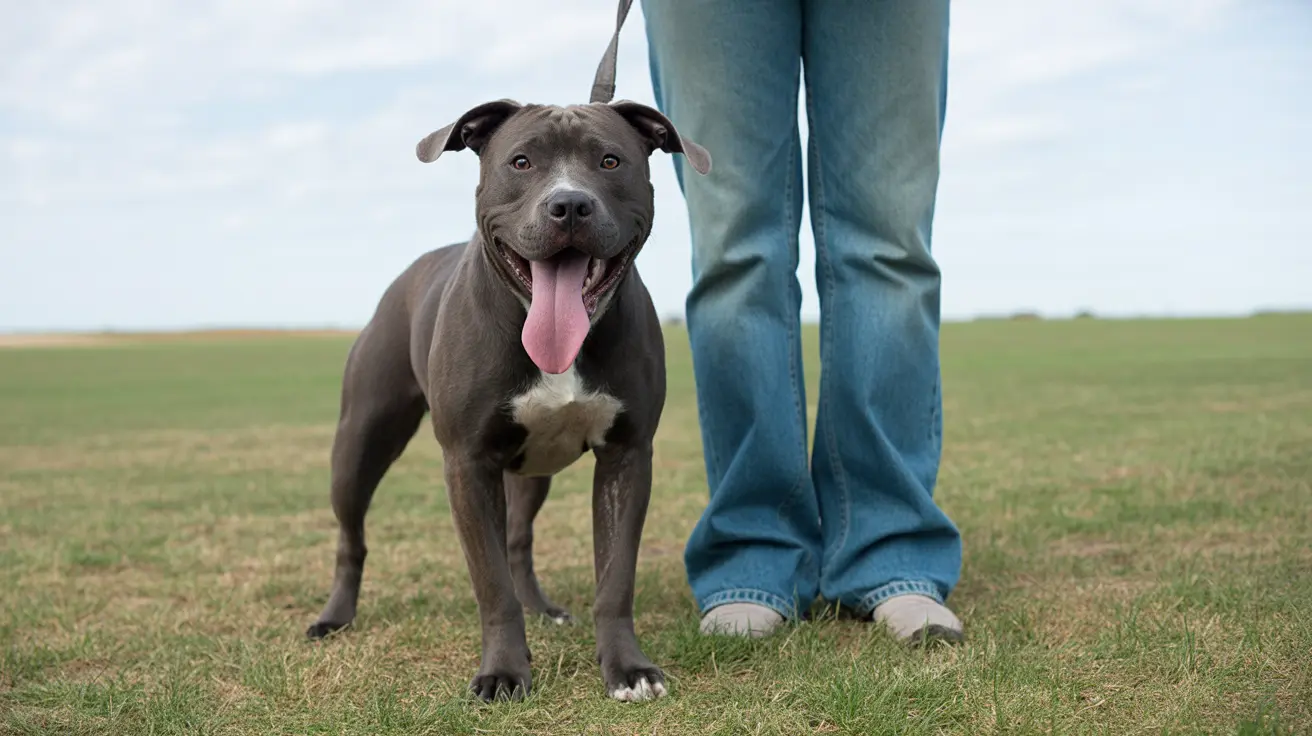How Much Greek Yogurt Can My Dog Eat?
Greek yogurt is a tasty and nutritious treat loved by many, including our canine companions. While it provides beneficial nutrients for dogs like calcium and probiotics, it’s crucial to understand the proper portion size to ensure it remains a safe treat. This article breaks down how much Greek yogurt dogs can safely eat, its health benefits, and feeding tips for dog owners.
Why Give Greek Yogurt to Dogs?
Greek yogurt offers several important nutrients, making it a valuable occasional addition to your dog’s diet:
- Probiotics: These support a healthy gut and digestion.
- Calcium: Essential for strong bones and teeth.
- Protein: Helps maintain muscle mass and support growth.
- Less sugar and lactose: Compared to regular yogurt, Greek yogurt has less sugar and lactose, lowering the risk of digestive upset.
Recommended Amount Based on Dog Size
The right serving of Greek yogurt depends on your dog’s weight and dietary restrictions. Here’s a general guideline:
- Small dogs (under 20 lbs): 1 tablespoon per day
- Medium dogs (20–50 lbs): 1–2 tablespoons per day
- Large dogs (over 50 lbs): Up to 3 tablespoons per day
Start with small portions and observe your dog for any adverse reactions, such as gas, diarrhea, or signs of lactose intolerance. Always consult your veterinarian if you're uncertain.
Tips for Feeding Greek Yogurt
- Choose plain, unsweetened, non-fat or low-fat Greek yogurt. Avoid yogurts with added sugars, artificial sweeteners like xylitol (which is toxic to dogs), or fruit flavors.
- Use as a mix-in: Mix a spoonful with dry food or kibble to enhance palatability.
- Make frozen treats: Freeze yogurt in silicone molds for a cooling summer snack.
- Training rewards: Use yogurt sparingly during training sessions as a high-value reward.
Potential Risks and Considerations
- Lactose sensitivity: Some dogs are lactose intolerant. Even small amounts of dairy could cause gastrointestinal upset.
- Caloric impact: While nutritious, yogurt does add calories to your dog’s diet. Overfeeding can lead to weight gain.
- Allergies: Watch for signs of dairy allergies, such as itchiness, ear infections, or vomiting.
Alternatives to Greek Yogurt
If your dog cannot tolerate Greek yogurt, consider these alternatives:
- Coconut yogurt: Dairy-free and often easier to digest
- Unsweetened applesauce: Mild and dog-safe in small amounts
- Canned pumpkin: Great for digestion and full of fiber
Conclusion
Greek yogurt is a nutritious treat for dogs when given in moderation. Stick to plain, unsweetened varieties and adjust the portions based on your dog’s size, age, and health. As always, introduce it gradually and consult your veterinarian to ensure it fits safely into your dog’s overall diet plan.





